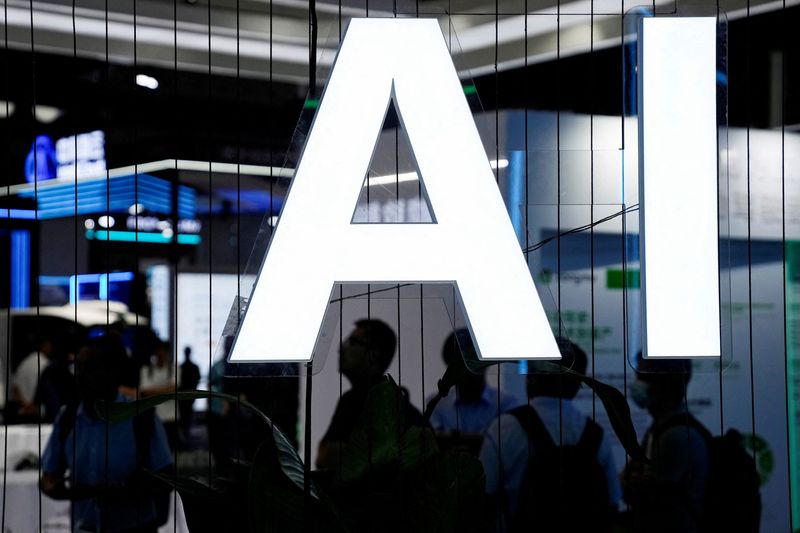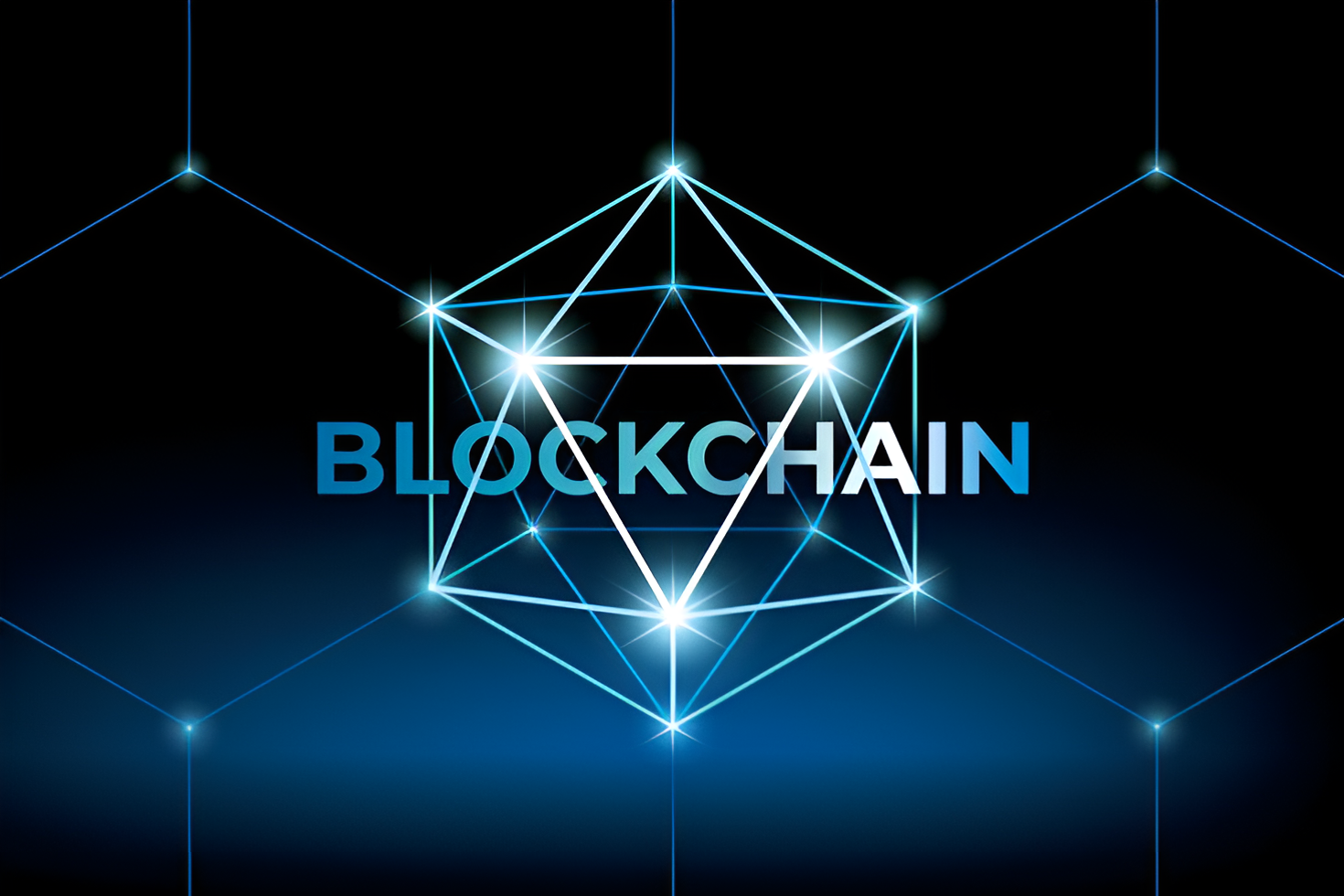What happens if AI can do everything better than humans? By Investing.com Analysis Report
5W1H Analysis
Who
The key stakeholders involved include technology companies developing AI, government regulatory bodies overseeing AI deployment, industries leveraging AI technologies, and the broader global workforce that could be impacted by AI advancements.
What
The discussion revolves around the hypothetical scenario where artificial intelligence (AI) surpasses human abilities in various domains, raising questions about its impact on employment, economic structures, and societal norms.
When
The publication date of the analysis is 14th June 2025. The discussion is pertinent to ongoing developments in AI technology that have been rapidly advancing over the past few years.
Where
This subject is relevant across global markets, particularly in technologically developed regions such as North America, Europe, and Asia, where AI research and deployment are most prevalent.
Why
The driving force behind this inquiry is the continuous improvement in AI technologies, which significantly impact labor markets, economic policies, and societal structures. The motivation stems from ensuring humans can coexist with increasingly intelligent machines.
How
AI technologies employ advanced machine learning algorithms and vast datasets to improve decision-making processes and operational efficiencies in various industries. This advancement leads to AI's growing capability to perform tasks better than humans.
News Summary
The report examines a potential future where AI outperforms humans in numerous tasks. It highlights the consequences of such technological prowess on employment, society, and economy. The analysis raises concerns over job displacement, economic inequality, and the need for regulatory frameworks to manage AI's integration into daily life.
6-Month Context Analysis
In the past six months, significant developments have occurred within AI sectors, including enhancements in AI-driven automation tools and debate over ethical concerns regarding AI biases. Companies like OpenAI and Google have released upgraded AI models, further demonstrating AI's capabilities. These trends indicate a persistent move towards AI integration across industries, increasing discussions on its societal effects.
Future Trend Analysis
Emerging Trends
AI is expected to continuously evolve, further integrating into industrial and corporate processes. These improvements could lead to AI managing complex tasks independently, directly impacting workforce dynamics and economic models.
12-Month Outlook
In the next 6-12 months, a potential surge in AI regulation discussions is anticipated. Policymakers may be urged to create frameworks addressing AI influence on jobs and ensuring ethical deployment.
Key Indicators to Monitor
- Employment rates in sectors heavily influenced by AI - Regulatory developments concerning AI - Adoption rates of AI technologies across industries
Scenario Analysis
Best Case Scenario
AI technologies are harnessed to augment human labour, leading to new job creation in tech-savvy roles, economic growth, and improved living standards.
Most Likely Scenario
AI increasingly integrates into business operations, necessitating reskilling of the workforce and moderate regulatory response to manage social impacts.
Worst Case Scenario
Significant job displacement without adequate reskilling and regulatory frameworks could lead to increased economic inequality and social unrest.
Strategic Implications
Stakeholders should focus on developing adaptive education systems to prepare the workforce for AI integration. Companies must engage in creating ethical AI deployment strategies to avoid societal backlash. Governments need to establish clear, balanced AI regulations to safeguard public interest while promoting innovation.
Key Takeaways
- Organisations must invest in AI in a way that complements rather than competes with human abilities.
- There is a critical need for policies addressing potential employment disruptions caused by AI.
- Collaboration between regulatory bodies and tech companies is essential to ensure ethical AI usage.
- Educational systems need to adapt to prepare future generations for an AI-integrated job market.
- Monitoring of AI's economic impacts will be crucial for policy adjustments and economic forecasting.
Source: What happens if AI can do everything better than humans? By Investing.com





















Discussion